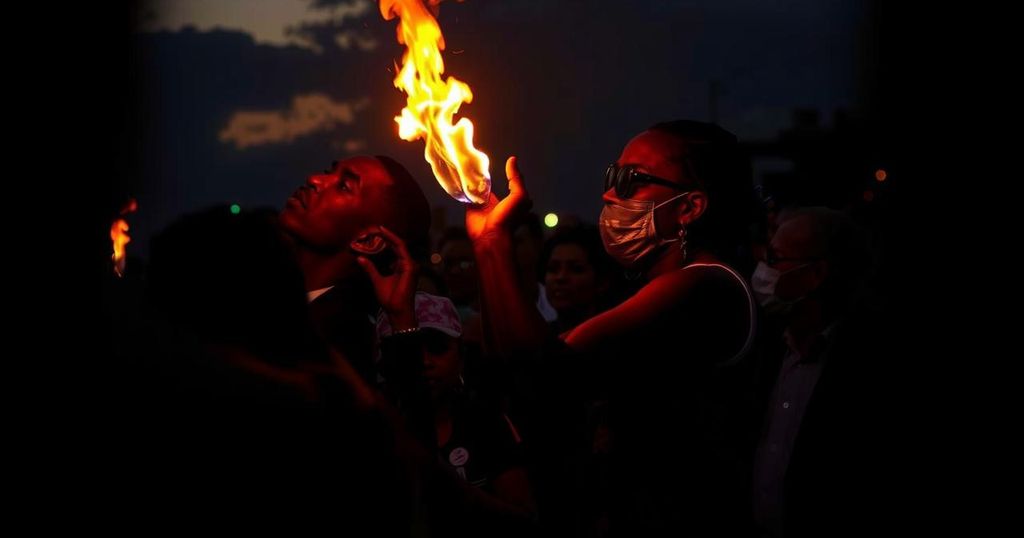Voters in Botswana have ousted the long-ruling Botswana Democratic Party (BDP) after 58 years in power. Preliminary results indicate that the BDP won only one parliamentary seat, while the Umbrella for Democratic Change (UDC), led by Duma Boko, won 20 seats and is projected to gain a majority. Duma Boko is likely to become the next president as he leads the UDC into government amidst public dissatisfaction with the BDP’s economic management.
In a significant shift in Botswana’s political landscape, voters have decisively ended the nearly 58-year reign of the Botswana Democratic Party (BDP). As of the preliminary election results reported early Friday morning, the BDP has secured only one seat in the national parliament. In stark contrast, the Umbrella for Democratic Change (UDC), under the leadership of human rights attorney Duma Boko, has achieved victory in 20 seats and is poised to surpass the 31-seat threshold required for a parliamentary majority. This development positions Mr. Boko to likely assume the presidency when parliament convenes for the first time. Mr. Boko has previously campaigned for the presidency on two occasions and has urged his supporters to remain “vigilant and disciplined” as they navigate this transformative period. The departure of the BDP from power is attributed in part to its inability to address critical economic challenges, including poor growth and elevated unemployment rates, which have eroded public confidence in the party’s governance capabilities. The BDP, led by President Mokgweetsi Masisi since 2018, campaigned on a promise of change, yet the electorate was unpersuaded of their ability to effect the necessary improvements for the nation. As Botswana embarks upon this new chapter in its governance, it marks a new era of political competition in which the UDC may take on the responsibilities of leadership.
The political landscape in Botswana has been dominated by the BDP since the nation achieved independence in 1966. This steadfast control has encompassed numerous electoral victories, contributing to a monopoly on political power that has shaped the trajectory of the country over decades. Despite its historical significance and achievements, including a reputation for stability and democratic governance, recent economic difficulties, characterized by sluggish growth and high unemployment rates, have sparked discontent among voters. This changing sentiment ultimately culminated in the 2024 elections, leading to a profound shift in governance.
The unexpected electoral defeat of the Botswana Democratic Party represents a dramatic shift in the nation’s political dynamics after almost six decades in power. The success of the Umbrella for Democratic Change signals dissatisfaction with the BDP’s recent governance, particularly concerning economic issues. As Duma Boko prepares to potentially lead the country, it remains to be seen how this new administration will address the pressing challenges facing Botswana, including economic revitalization and job creation.
Original Source: www.bbc.com







